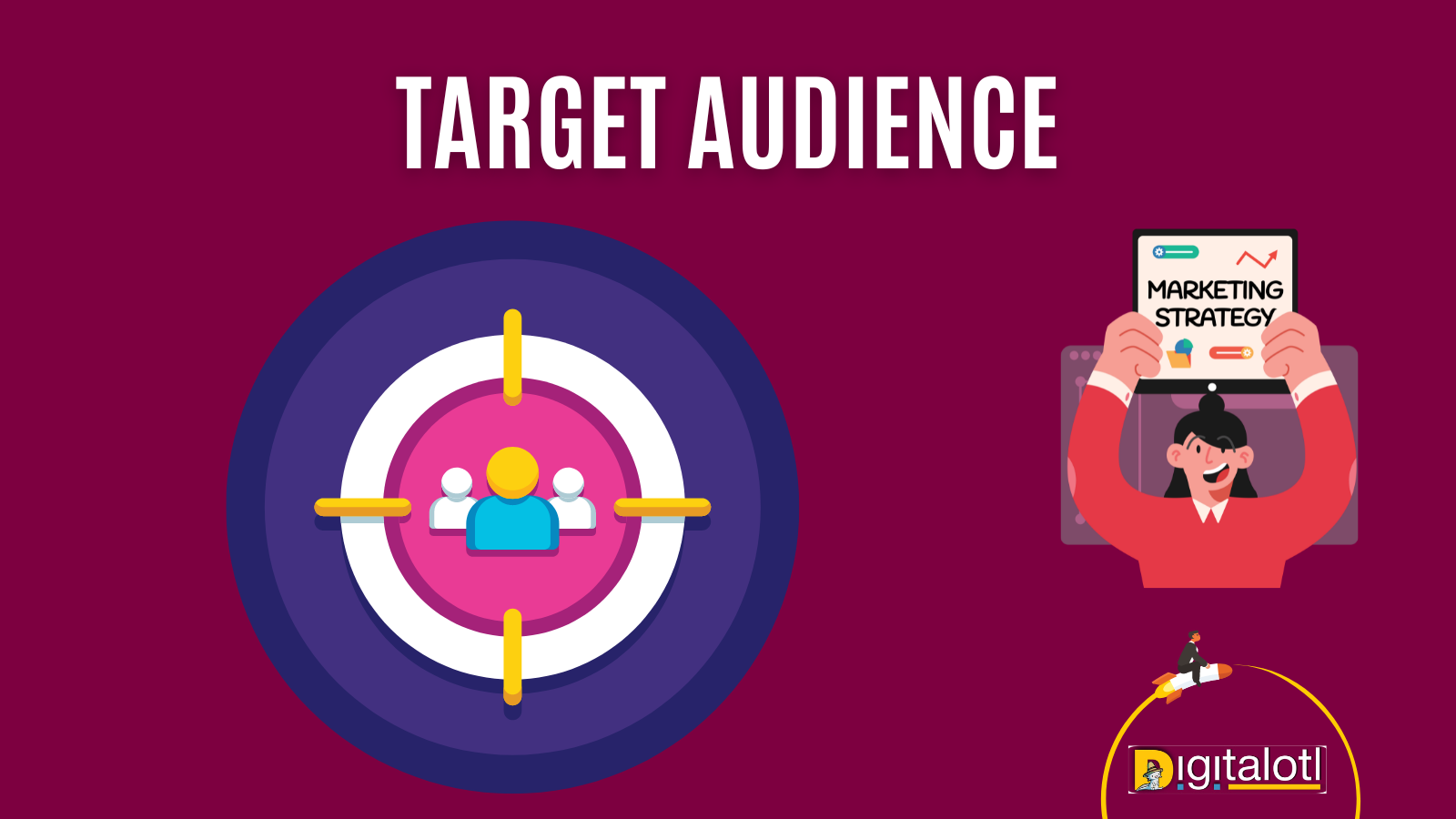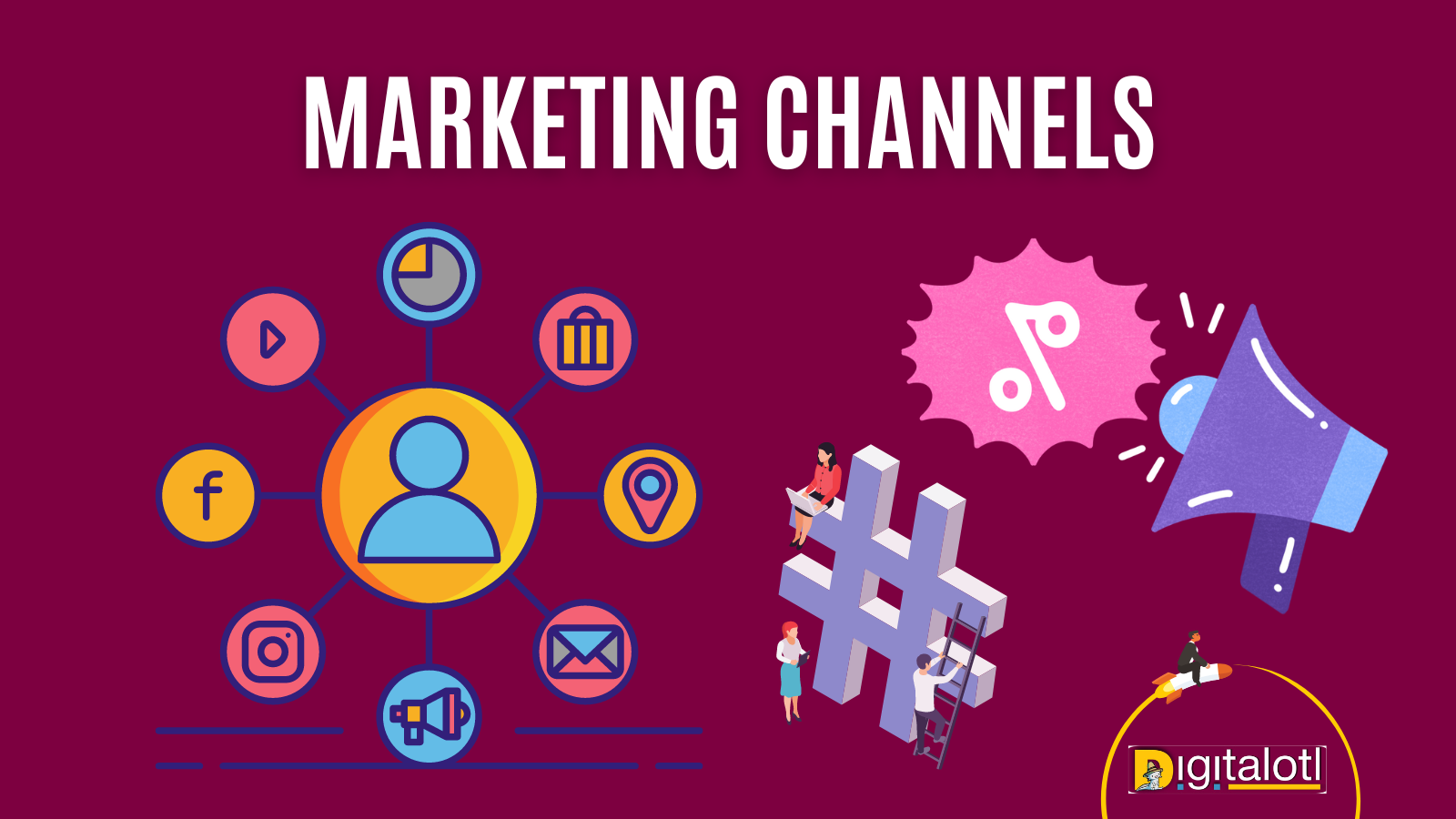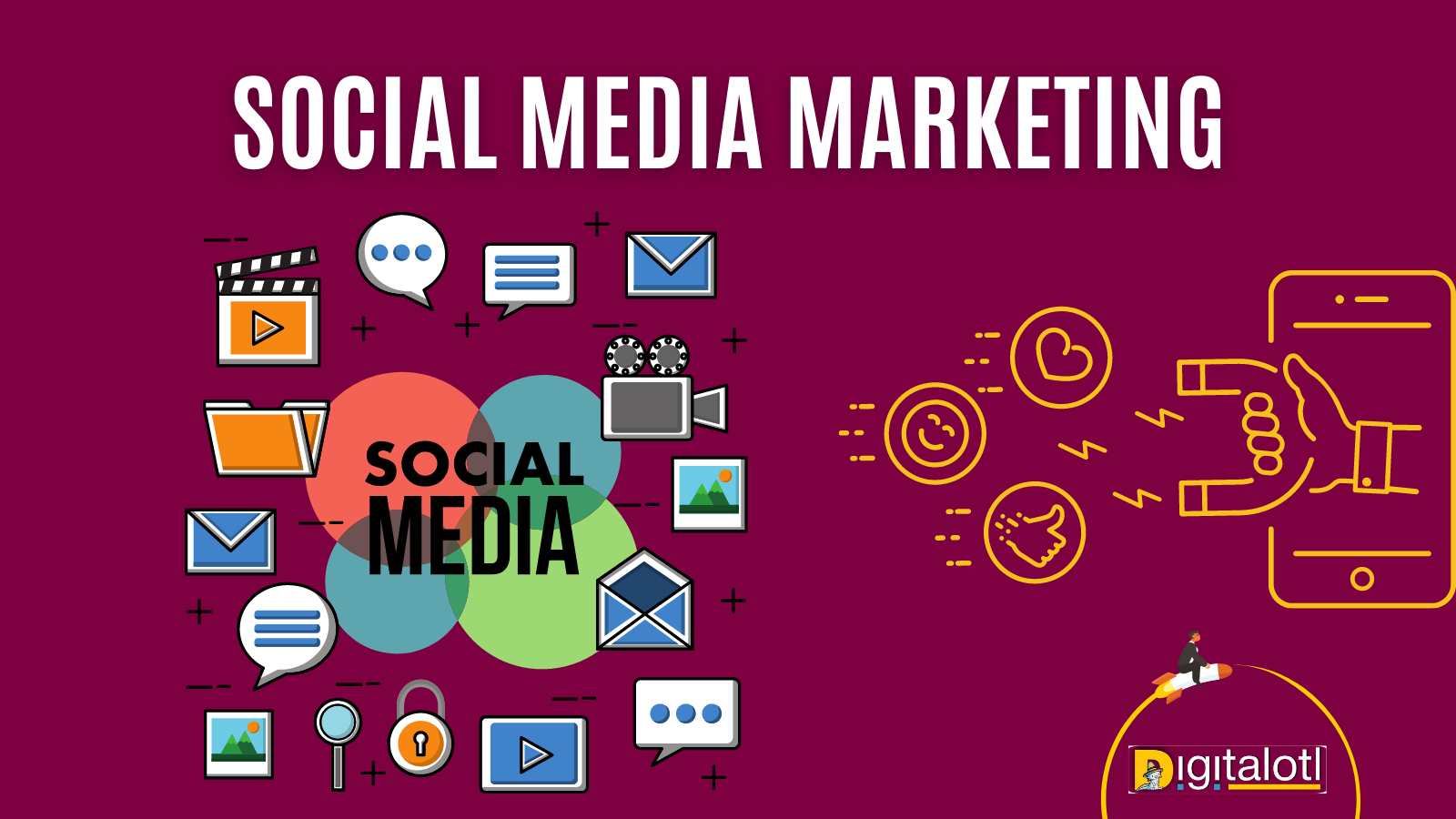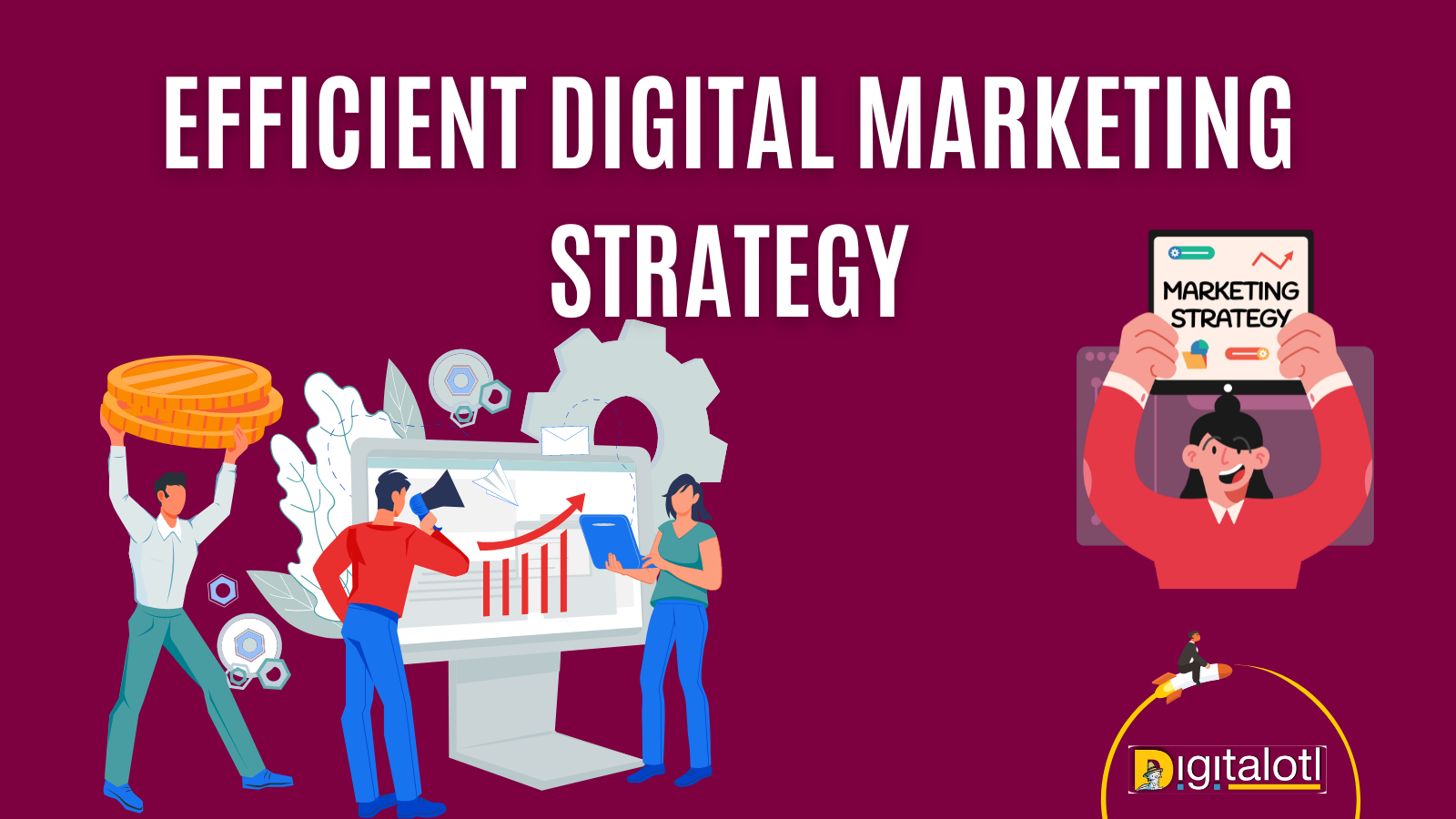In today’s highly competitive digital landscape, having a well-defined digital marketing strategy is essential for businesses aiming to stay ahead of the curve. Developing an effective digital marketing strategy requires careful planning, a deep understanding of your target audience, and a strategic approach to online marketing. In this comprehensive guide, we will walk you through the steps to create a powerful digital marketing strategy that can help you achieve your business goals.
Table of contents
- Understand Your Business Objectives
- Research Your Target Audience
- Perform a Competitor Analysis
- Define Your Unique Selling Proposition (USP)
- Choose the Right Digital Marketing Channels
- Create a Content Strategy
- Optimize for Search Engines (SEO)
- Leverage Social Media
- Conclusion
- Frequently Asked Questions (FAQs)
Understand Your Business Objectives
Before diving into the intricacies of digital marketing, it is crucial to have a clear understanding of your overall business objectives. Start by defining what you want to achieve through your digital marketing efforts. Are you seeking to enhance brand recognition, amplify website visitors, foster lead generation, or skyrocket sales? Identifying your goals will serve as a compass for your digital marketing strategy and shape your approach accordingly.
Research Your Target Audience

To create a successful digital marketing strategy, you must know your target audience inside out. Conduct thorough research to understand their demographics, preferences, interests, and online behavior. Utilize analytics tools, social media insights, and customer surveys to gather valuable data. The more you know about your audience, the better you can tailor your marketing messages and deliver them through the right channels.
Perform a Competitor Analysis
Competitor analysis is a crucial step in developing a digital marketing strategy that can outrank other websites. Identify your key competitors and analyze their online presence. Study their website content, social media engagement, advertising campaigns, and search engine rankings. By understanding what your competitors are doing well and where they fall short, you can identify opportunities to differentiate yourself and gain a competitive edge.
Define Your Unique Selling Proposition (USP)
What sets your business apart from the competition? Clearly define your unique selling proposition (USP) to position your brand effectively in the digital space. Highlight the benefits and value your products or services offer to customers. Craft compelling messaging that communicates your USP clearly and resonates with your target audience. Your USP will be the foundation of your digital marketing strategy and help you stand out in a crowded marketplace.
Choose the Right Digital Marketing Channels

With numerous digital marketing channels available, it is important to select the ones that align with your business goals and target audience. Whether it’s search engine optimization (SEO), social media marketing, content marketing, email marketing, or paid advertising, each channel has its unique advantages. Consider the preferences and online behavior of your target audience to determine the most effective channels to reach and engage with them.
Create a Content Strategy
Content lies at the heart of any successful digital marketing strategy. Develop a robust content strategy that caters to your target audience’s needs and interests. Create high-quality, valuable content that educates, entertains, and inspires your audience. Incorporate relevant keywords naturally to improve your search engine rankings. Consistency and relevance are key when it comes to content creation. Consider utilizing a mix of blog posts, videos, infographics, and other content formats to diversify your strategy.
Optimize for Search Engines (SEO)
To outrank other websites and boost your online visibility, implementing effective search engine optimization (SEO) practices is vital. Perform a thorough analysis of keywords to unveil the specific terms and phrases actively sought after by your intended audience. Optimize your website’s meta tags, headers, and content with relevant keywords. Focus on creating a user-friendly website structure, improving site speed, and ensuring mobile responsiveness. Regularly publishing fresh, valuable content to demonstrate your authority and improve your search rankings.
Leverage Social Media

In today’s digitally connected world, social media platforms play a significant role in digital marketing strategies. Develop a strong social media presence by identifying the platforms where your target audience is most active. Engage with your audience through regular posts, sharing valuable content, and responding to their comments and messages. Use social media advertising to expand your reach and target specific demographics. By leveraging the power of social media, you can build brand awareness, foster customer loyalty, and drive website traffic.
Conclusion
Developing an effective digital marketing strategy requires careful planning, thorough research, and a deep understanding of your target audience. By aligning your business objectives with a strategic marketing approach, you can outrank other websites and achieve success in the digital landscape. Remember to continuously analyze and refine your strategy based on changing market trends and consumer behaviors. With a well-crafted DM strategy in place, you can elevate your brand, generate leads, and drive business growth in today’s competitive online world.
Frequently Asked Questions (FAQs)
Q1: How much time it takes to see results from a digital marketing strategy?
A: The timeline for seeing results from this strategy can vary depending on various factors such as your industry, competition, and the channels you are utilizing. Generally, it takes time to build brand awareness, establish an online presence, and drive significant results. Patience and consistency are key when it comes to digital marketing.
Q2: Is paid advertising necessary for a successful digital marketing (DM) strategy?
A: While paid advertising can be a valuable component of a DM strategy, it is not always necessary. Organic methods such as search engine optimization (SEO) and content marketing can yield excellent results without the need for paid advertising. However, paid advertising can provide additional visibility and reach to accelerate your marketing efforts.
Q3: How often should I update my digital marketing(DM) strategy?
A: Digital marketing is an ever-evolving field, and it is important to stay up to date with the latest trends and techniques. Regularly evaluate and update your DM strategy to adapt to changes in the market, consumer behavior, and emerging technologies. Consider conducting periodic audits to assess the performance of your strategy and make necessary adjustments.

